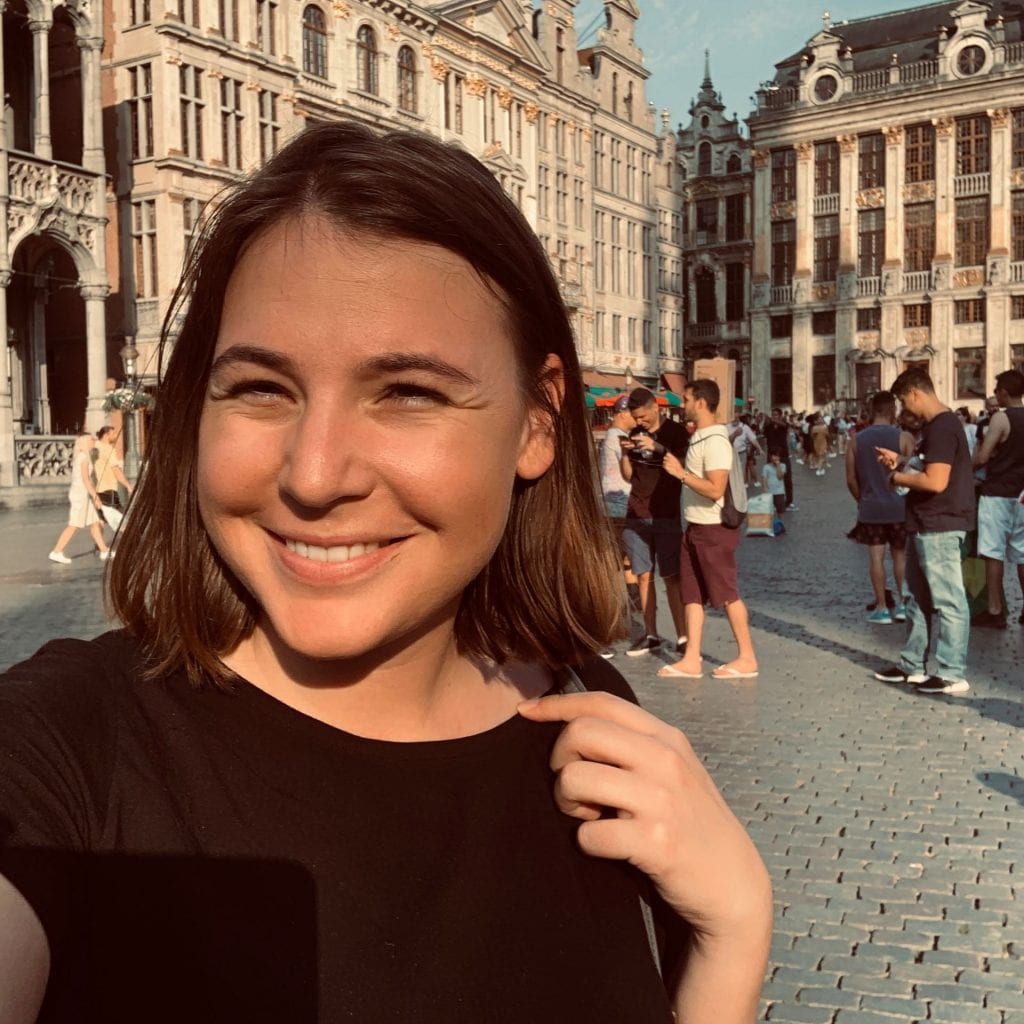In the thought-provoking article, Pleasure, Beauty and wonder: Educating for the Knowledge Age, John Eger begins by suggesting that the challenges learners face today is not the process of acquiring knowledge but in determining its validity and authenticity. As a result, strong economies need to possess creative and innovative work forces.
According to Eger, maths and science alone will not provide students with the skills needed to be successful in a global innovative economy, instead they need to posses a joy of learning and creativity. To support his claim he used the results from Robert Root-Bernstein study which discovered that nearly all of the great inventors and scientists were also musicians, artists, writers, or poets, including Galileo (poet), Einstein (violinist) and Samuel Morse (painter).
He discussed the success stories of two education institutions, St. Augustine and High Tech High which embraced differentiated teaching and enriched learning through the arts. I am always weary and would caution other readers to not simply assume that these examples could be quantified and used as models for other institutions. The work and effort that must have gone into developing a community culture that embraced this approach would have been significant and certainly stands as a major hurdle for other institutions trying to achieve the same goal.
Eger concludes by suggesting that there is a need to go back to basics and reevaluate the purpose of public education. He calls for need to find new ways and approaches and to question the rhetoric and to “change the lenses in the camera” (p. 20).
Ironically, I also used this same analogy when explaining my beliefs of the qualities of the ideal teacher (see blog here). Education, in order to be effective, needs to be responsive, adaptive and willing to change its perspective.
As a school leader this is the type of article, I would use to stimulate professional dialogue amongst staff. Using questioning and dialogue my aim would be to support staff in reflecting on the schools responsive and adaptive qualities.
- As a school are, we responsive and adaptive?
- If so
- What are we doing at an instructional, classroom, departmental level?
- How can we learn from each other?
- How can we learn from others outside of our school?
- If not
- Do we need to be?
- What are our challenges?
- What is within our power to control?
- If so
I believe authentic and powerful educational institutional change needs to come from the ground up, through inspired teachers and an empowered community.
References
Eger, J. M. (2011). Pleasure, beauty, and wonder: Educating for the Knowledge age. The Futurist, 45(1), 18.
Root-Bernstein, R., & Root-Bernstein, M. (2004). Artistic Scientists and Scientific Artists: The Link Between Polymathy and Creativity.

Leave a Reply